Power
The accumulation of, the acceptance of, and the use of power are all explored in this section. The individual reigns of some monarchs are looked at such as those from the Tudor period, but so are other leaders, despotic and revolutionary. Contemporary issues of the use of power in a democracy are explored are more complex ideas around power through individual actions and movements in history.
Sort by:
Date (Newest first) | Title A-Z
Show:
All |
Articles |
Podcasts |
Multipage Articles
-
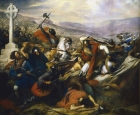
Podcast Series: Charlemagne and the Carolingian Empire
Multipage ArticleClick to view -
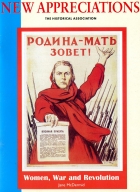
Women, War and Revolution
ArticleClick to view -
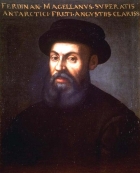
The Great Powers in the Pacific
ArticleClick to view -

Podcast Series: Early Modern Ireland
Multipage ArticleClick to view -
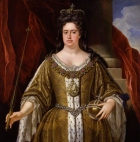
Royal Women: Queen Anne, Elizabeth I and Elizabeth II
Multipage ArticleClick to view -
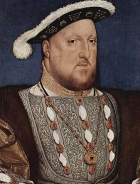
Henry VIII
ArticleClick to view -
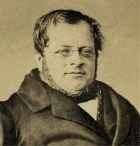
Cavour and Italian Unification
ArticleClick to view -
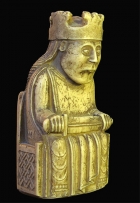
Scotland's History - Learning and Teaching Scotland
ArticleClick to view -
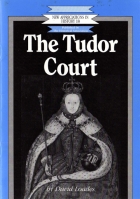
The Tudor Court
ArticleClick to view -
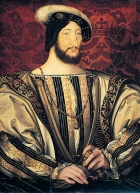
Francis I and Absolute Monarchy
ArticleClick to view -
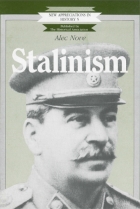
Stalinism
ArticleClick to view -
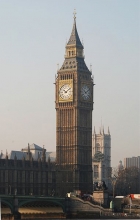
The Origins of Parliament
ArticleClick to view -
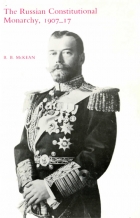
The Russian Constitutional Monarchy, 1907-17
ArticleClick to view -
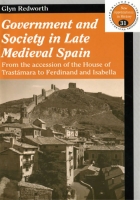
Government and Society in Late Medieval Spain
ArticleClick to view -
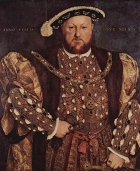
Faction in Tudor England
ArticleClick to view -
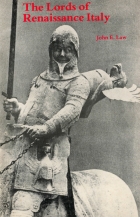
The Lords of Renaissance Italy
ArticleClick to view -
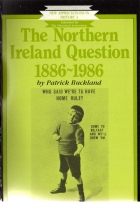
The Northern Ireland Question 1886-1986
ArticleClick to view -
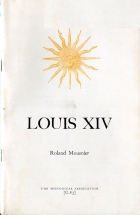
Louis XIV
ArticleClick to view -
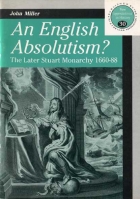
An English Absolutism?
ArticleClick to view -
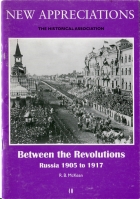
Between the Revolutions: Russia 1905 to 1917
ArticleClick to view

